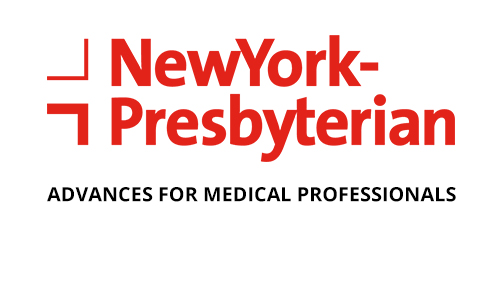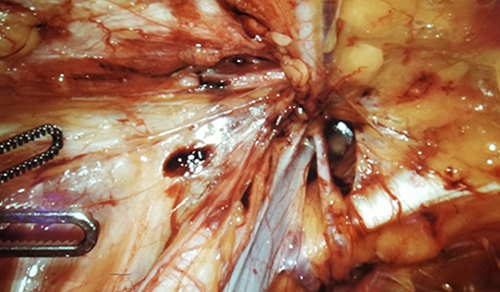Expanding Expertise in Orthopedic Oncology

Dr. Wakenda K. Tyler
In June 2017, the Department of Orthopedics at NewYork-Presbyterian/Columbia University Medical Center welcomed Wakenda K. Tyler, MD, MPH, as Chief of the Orthopedic Oncology Service. Dr. Tyler is a musculoskeletal oncologist who specializes in the nonoperative and operative management of primary soft tissue and bone cancers, sarcomas, and metastatic bone cancer in children and adults.
Because of the rarity of primary bone tumors, Dr. Tyler joins the ranks of a limited number of orthopedic oncologists in the country. Bringing a rich educational experience to her new position, she earned her medical degree from The Johns Hopkins University School of Medicine, where she also received a master’s degree in public health. She then went on to complete her residency in orthopedic surgery at Hospital for Special Surgery, followed by a fellowship in musculoskeletal oncology at Memorial Sloan Kettering Cancer Center. Prior to coming to NewYork-Presbyterian, Dr. Tyler served as an orthopedic oncologist at the University of Rochester Medical Center.
“Columbia’s integrated sarcoma service for cancers of the bone and soft tissues calls on a multidisciplinary approach for the evaluation of each patient,” says Dr. Tyler. “We have a fully integrated team system here. I represent the surgical portion of the team, working with Dr. Gary Schwartz, who is Chief of Hematology/Oncology at Columbia, as well as the radiation oncologists. We regularly discuss complex cases to decide the best treatment course for each patient and then execute that plan. Sometimes it involves surgery, sometimes we treat with chemotherapy or radiation, and sometimes care involves a combination of all of the above.”
“We also pursue targeted therapy for patients who require chemotherapy,” says Dr. Tyler. “Dr. Schwartz does genetic testing on malignant tumors and some of the benign tumors. If we can find the genetic abnormality within that tumor it will allow us to target it with some of the newer therapeutic agents being developed. Collecting these gene analyses will enable us to identify specific genes in the future that either allow for a good response or a poor response to therapy and then potentially alter therapy, with greater precision, based on that analysis.”
For patients with metastatic disease, Dr. Tyler focuses on keeping the cancer at bay in other parts of the body, while also concentrating on the bone. “We can offer many therapies that target cancers in the lung, liver, and kidney, but when they invade the bone, some of these therapies don’t work,” she says. “We are currently looking at antiangiogenic and anti-vascular tumor therapies to block tumor angiogenesis in the bone. If we can cut off the blood supply to those tumors, we may inhibit the cancer from being able to grow. We are also studying what the bone environment does to these cancer cells to insulate them from the chemotherapies that we’re giving. For a variety of reasons, the bone environment allows cancer to grow, rather than allowing the chemotherapy to have the same impact on the cell as it does in other parts of the body.”
Dr. Tyler notes that her goal is always to achieve cure by leveraging the latest advances in nonoperative management, as well as minimally invasive and reconstructive surgical techniques. When cure is not possible, she strives to achieve pain control and improve function to the greatest extent possible for each patient. “One of the problems with metastatic disease is that when the therapies start to fail, patients are often in pain,” says Dr. Tyler. “We integrate a variety of pain management modalities as well as surgical techniques to treat and control their pain.”
Dr. Tyler’s research interests overlap with her clinical practice and center on conditions that lead to osteolysis. Her published articles focus on the effectiveness of medication in penetrating the site of bone grafts and strengthening the bone and prosthesis union.
Looking to the future of orthopedic oncology, Dr. Tyler foresees major progress over the next decade in both bone and soft tissue sarcomas and metastatic bone disease in terms of pain control and patient survival. “I have always envisioned my life as one that gives to others, and working in this field allows me to accomplish that wholeheartedly.”
Related Publications

Protocol-Based Management of Geriatric Hip Fracture








